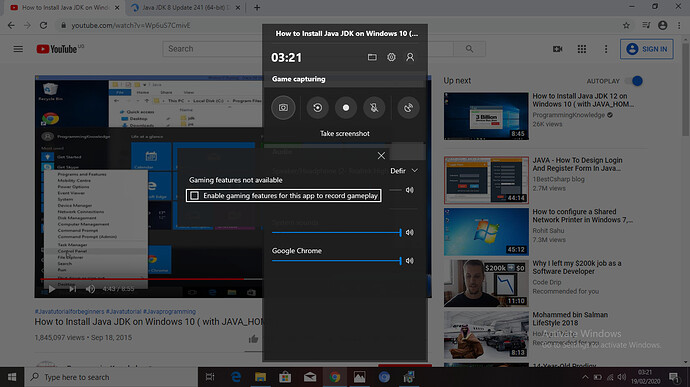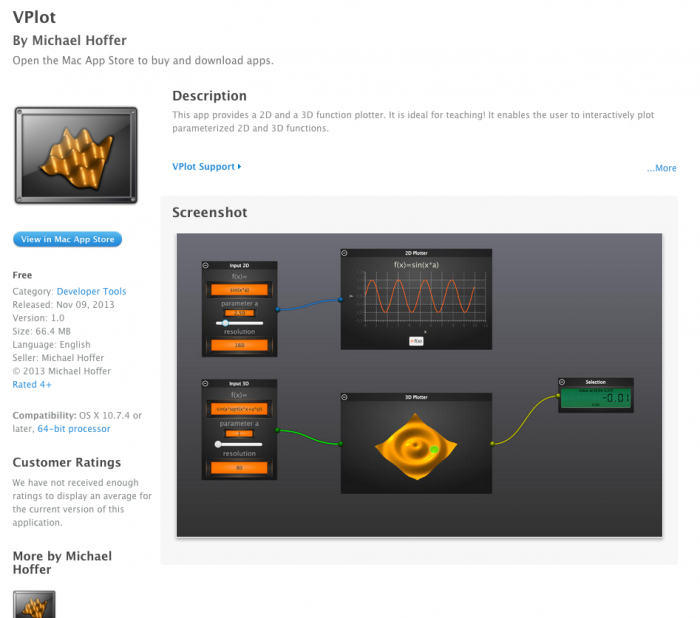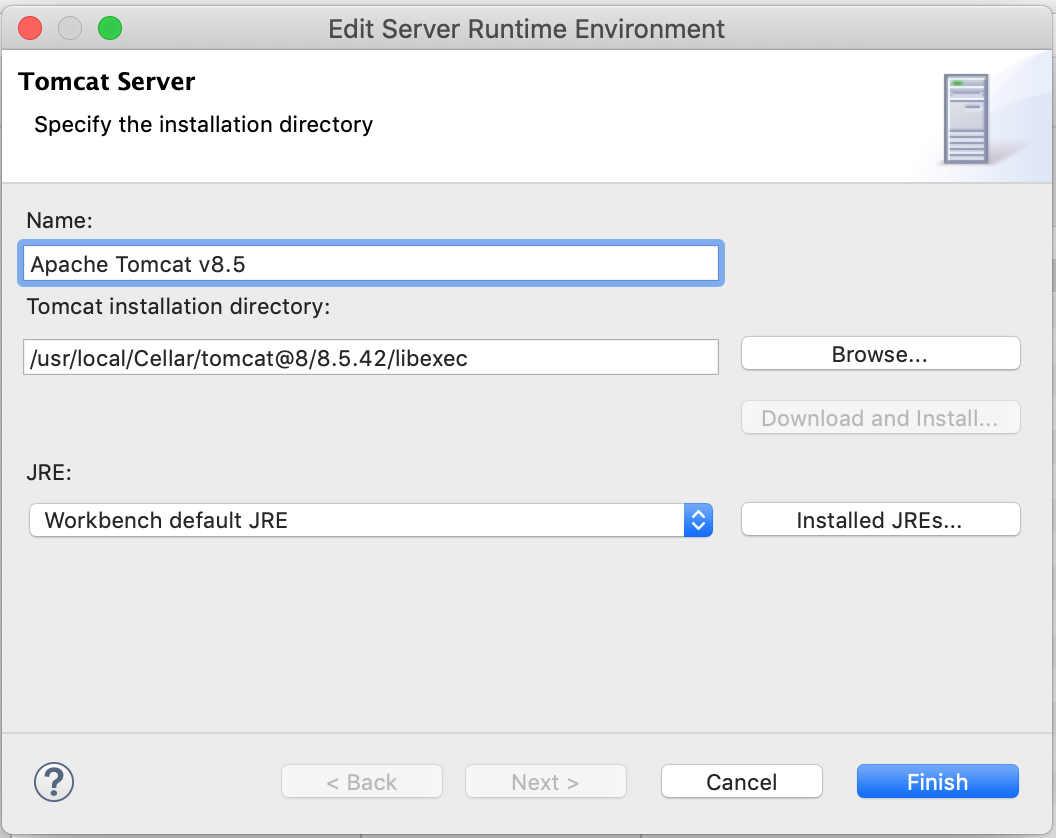

If output contains+shows : "/Library/Java/JavaVirtualMachines/jdk-*.jdk/Contents/Home", where * will actually show the Java version number, then its good. open Terminal, run this command: /usr/libexec/java_home.MacOS will ask again to enter a privileged accnt Password, do that to complete the move. copy that newly extracted/decompressed OpenJDK folder "jdk*.jdk", & goto below destination folder & MOVE (to move use the "alt/option" button to change the "paste" mode into "move" mode) the "jdk*.jdk" folder inside below destination location:.

Openjdk 11 mac password#
Open your "System-Preferences" > "Security & Privacy" > under "General" tab > goto bottomside section "Allow Apps Downloaded From" > press the "Allow" or "Open anyway" button there to allow the decompression of "openjdk*.tar.gz" archive-file (macOS will ask to enter Password of a privileged Admin type account), then it should decompress, if it does not decompress then again double tap on the "openjdk*.tar.gz" file in Finder, & choose "Open"/"Allow" button if macOS asks you again, then it will finally decompress that "*.tar.gz" file, & extract a folder from it,.double-click on "openjdk*.tar.gz" (to decompress it) in Finder, MacOS may show notice & stop that,.
Openjdk 11 mac code#
Then verify/compare downloaded file's authenticity/integrity : you may use hash/digest SHA256 code shown on openjdk site, Use openssl tool in Terminal utility : with such command: openssl sha256 & then drag the openjdk*.tar.gz file from Finder into that openssl command-line in Terminal, press enter to compute hash/digest, then Compare computed SHA256 digest-code with sha256 what is shown on secure webpage, both must match/same,

OpenJDK Java (includes JRE) is open-source, & it is FREE for any Commercial & any deployment/distribution & any Personal usage.


 0 kommentar(er)
0 kommentar(er)
